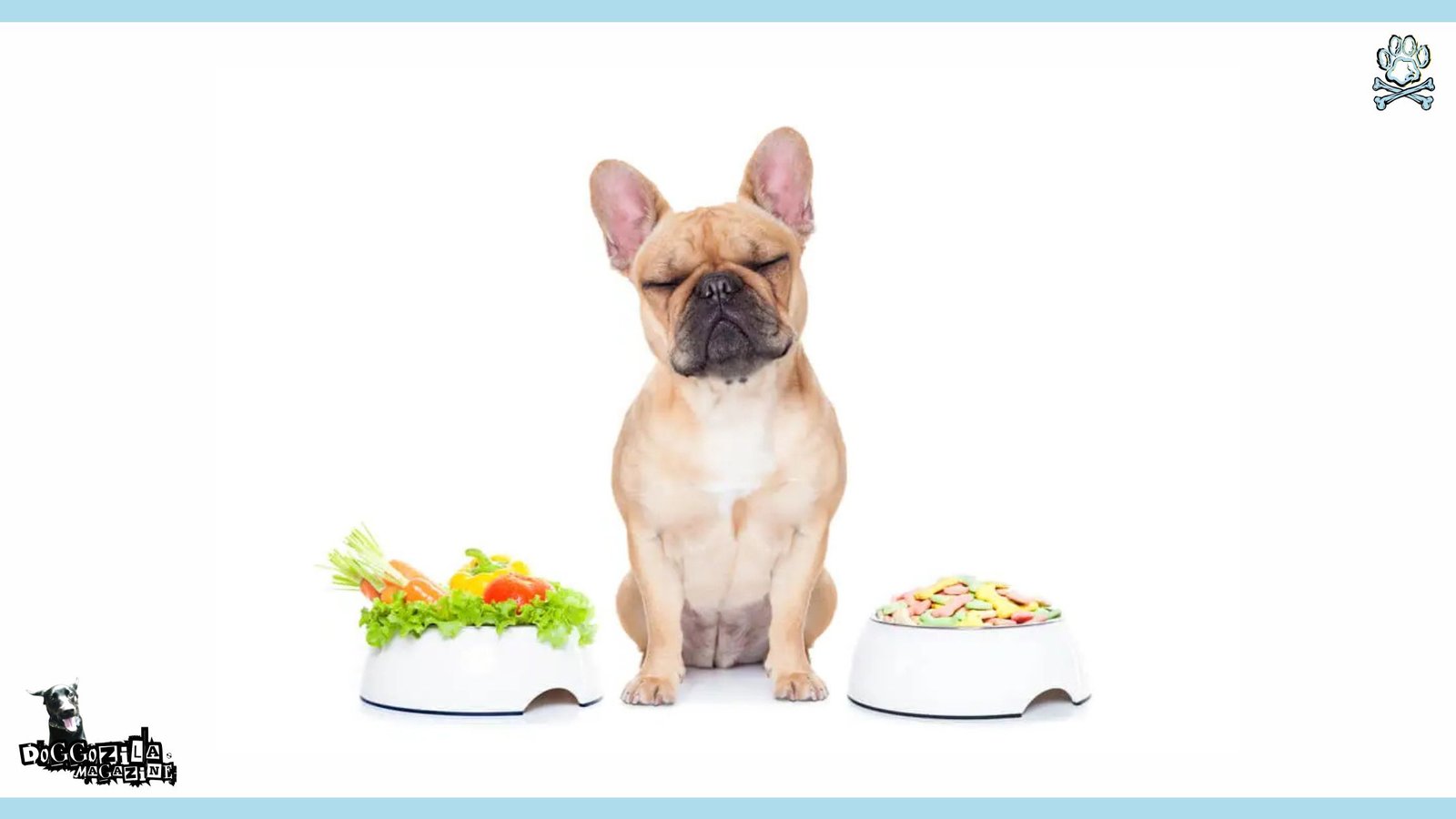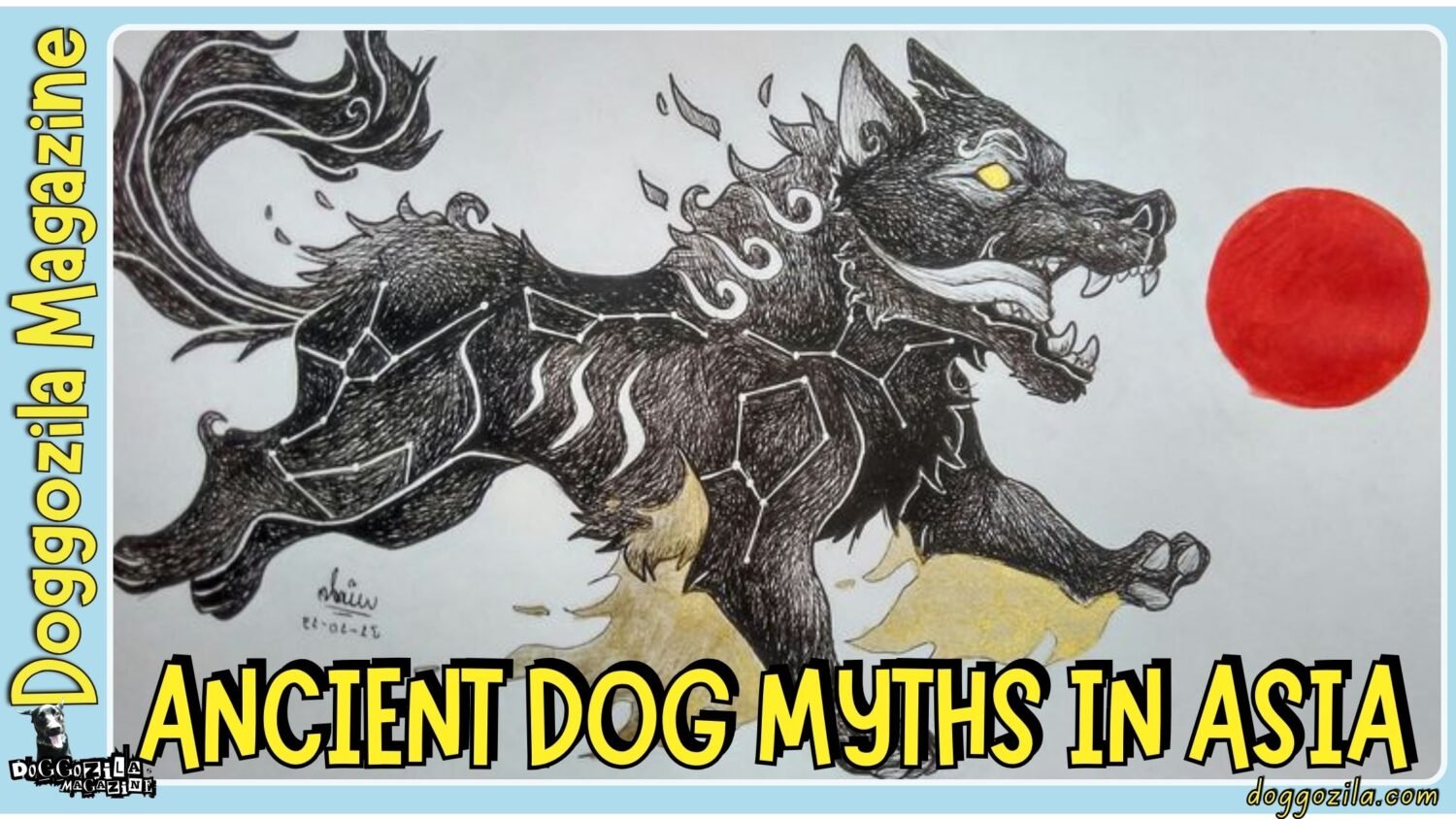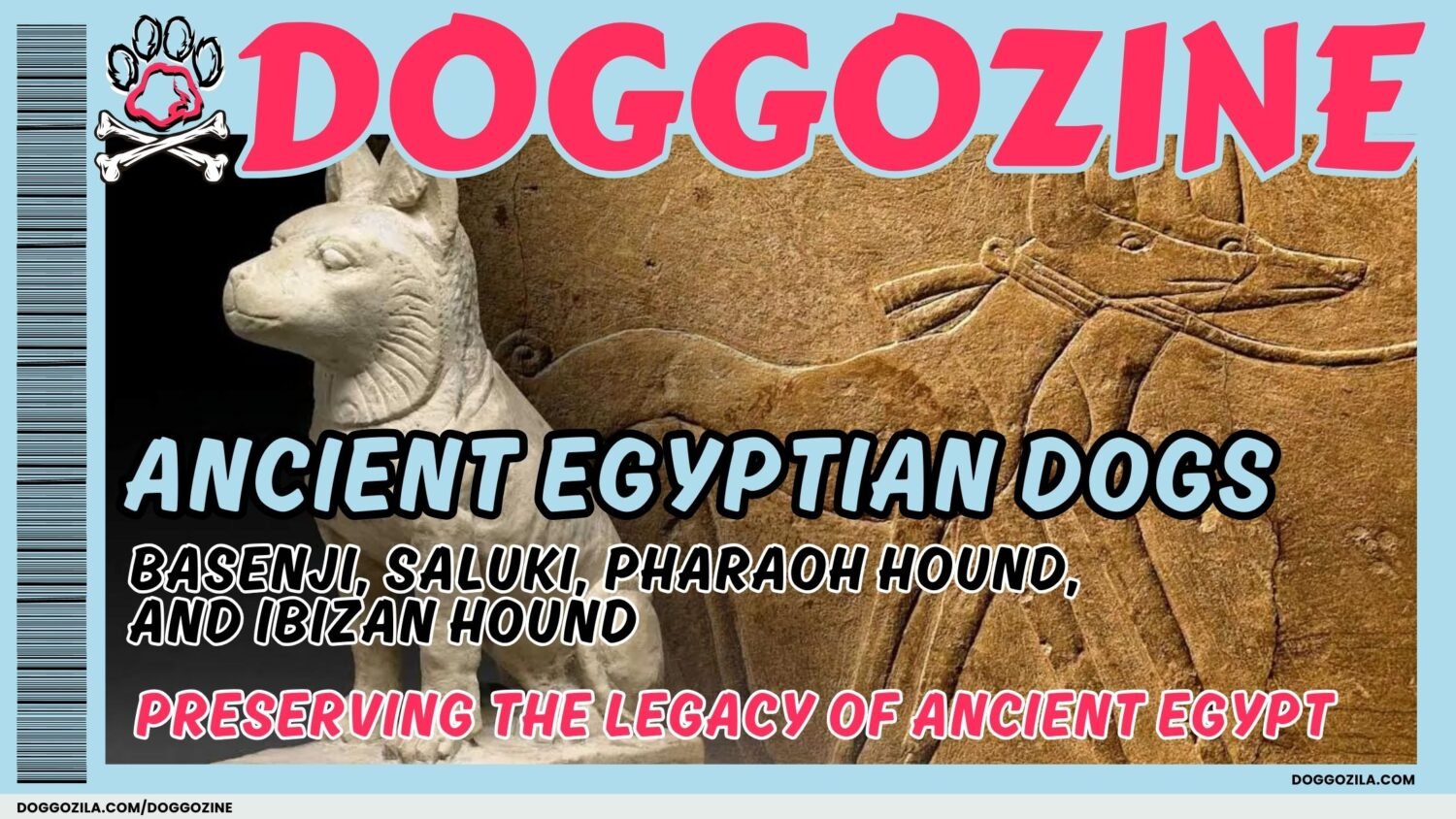The concept of vegan dog food is becoming increasingly popular among pet owners seeking to promote a healthier lifestyle for their furry friends. A plant-based diet for dogs can offer numerous benefits, emphasizing the health and ethical aspects of feeding pets homemade meals that are free from animal products. It is essential to understand that dogs, while classified as omnivores, can thrive on a balanced vegan diet if it is carefully formulated to meet their nutritional needs.
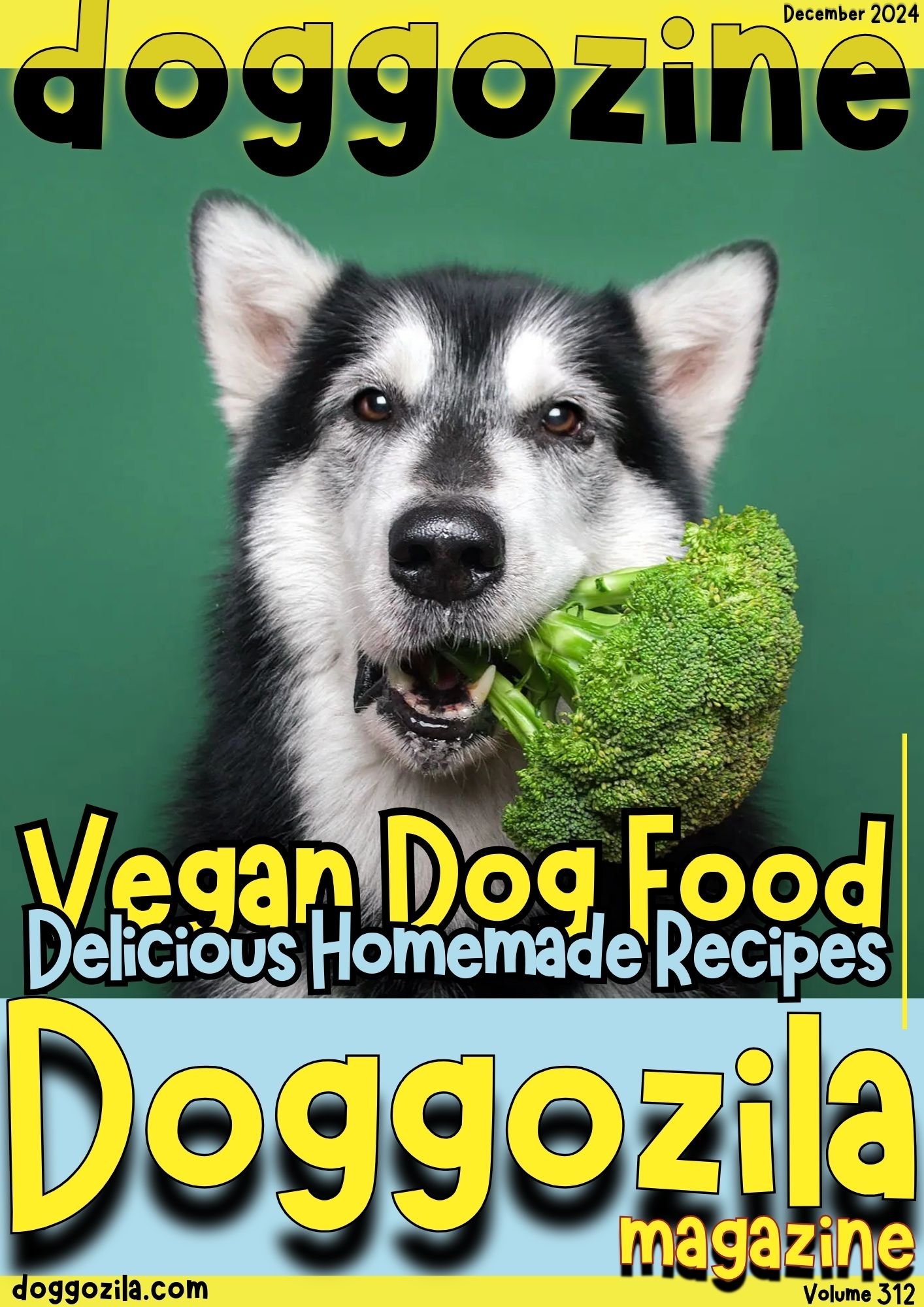
INTRODUCTION TO VEGAN DOG FOOD
One of the primary benefits of adopting a vegan diet for dogs is the potential for improved health outcomes. A well-planned vegan diet can be rich in essential nutrients, vitamins, and minerals, which can contribute to better overall health.
Vegan Dog Food Ingredients
Ingredients such as legumes, fruits, vegetables, and whole grains can provide adequate protein levels, fiber, and antioxidants that support a dog’s immune system and digestion.
It is crucial, however, for pet owners to ensure that their vegan recipes are comprehensive and balanced, incorporating all necessary nutrients such as amino acids, fatty acids, and vitamins.
Moreover, the ethical considerations surrounding vegan dog food cannot be overlooked. Many pet owners opt for plant-based diets to reduce their carbon footprint and lessen the impact of animal agriculture on the environment.
pursuit of a healthier lifestyle through vegan dog food
Feeding dogs homemade vegan meals can reflect a commitment to sustainability, promoting animal welfare and reducing dependency on factory farming practices. In this pursuit of a healthier lifestyle through vegan dog food, it remains imperative for pet owners to consult with veterinarians or pet nutritionists.
This ensures the chosen diet meets their dog’s unique dietary requirements. Understanding the balance of nutrients and preparing wholesome meals can lead to happier, healthier pets. By embracing vegan homemade dog food recipes, pet owners can enjoy peace of mind knowing they are doing the best for their beloved companions.
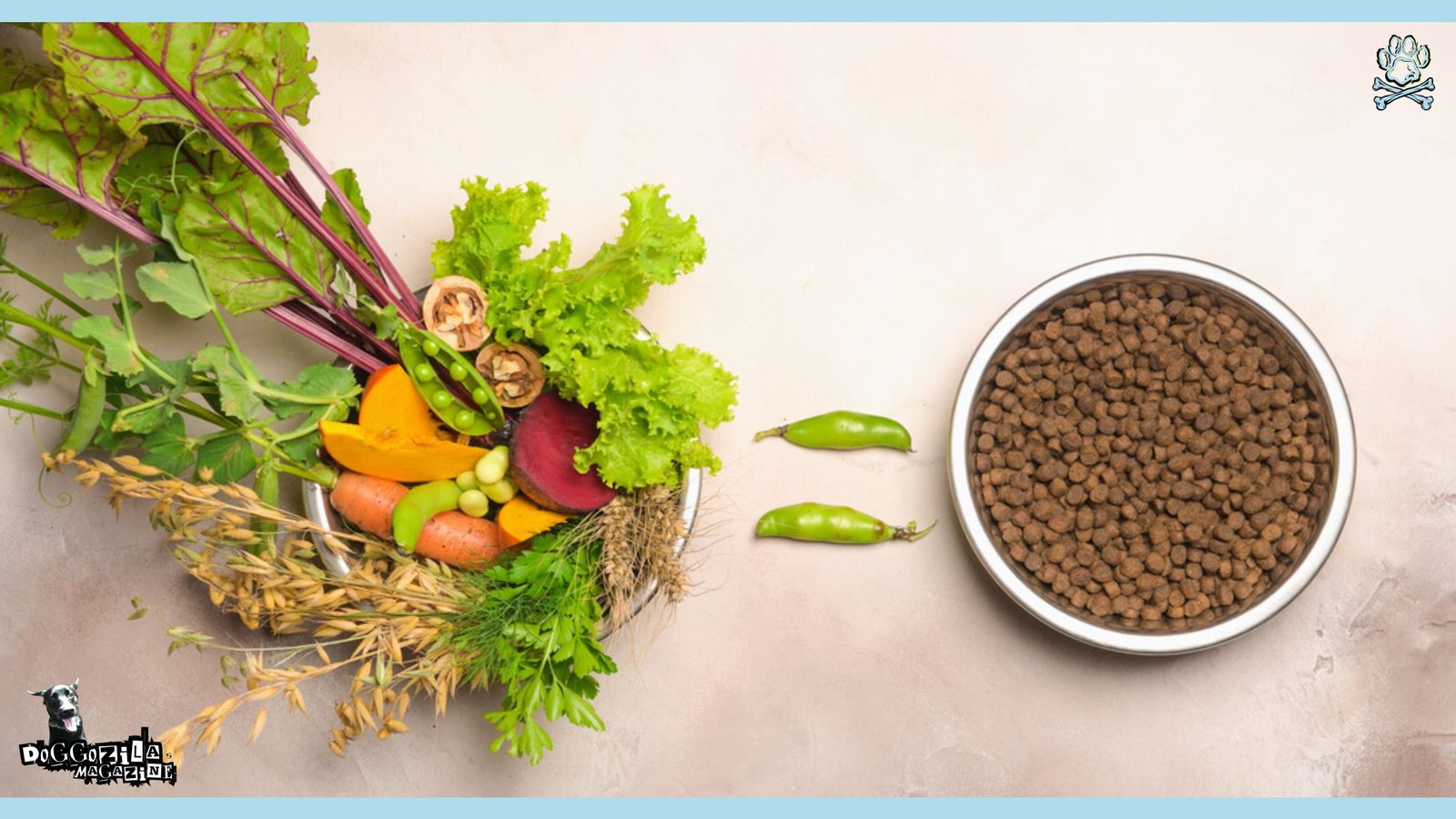
ESSENTIAL NUTRIENTS FOR YOUR DOG ON A VEGAN FOOD DIET
When considering a vegan diet for dogs, it is imperative to ensure that all essential nutrients are adequately provided. Dogs require a balanced intake of proteins, carbohydrates, fats, vitamins, and minerals to maintain their health and well-being. Each of these components plays a vital role in their diet, particularly when transitioning to a plant-based diet.
Proteins and Carbohydrates
Proteins are fundamental to a dog’s diet as they support growth, maintenance, and the repair of tissues. Vegan sources of protein include lentils, chickpeas, and quinoa, which can be combined to ensure that all amino acids are available.
While dogs can synthesize some amino acids, others, known as essential amino acids, must be obtained from food. Ingredients like spirulina and nutritional yeast are also excellent supplemental sources of protein, helping to meet dietary requirements.
Carbohydrates provide energy and should make up a significant portion of a dog’s diet. Sources such as brown rice, sweet potatoes, and oats are not only digestible but also offer additional benefits, such as fiber, which aids digestion. It is important to balance dietary carbohydrates and ensure they are sourced from whole foods rather than processed options.
Fats and Vitamins
Fats are crucial for overall health, aiding in nutrient absorption and promoting a healthy coat. Healthy sources of fat include flaxseed oil, chia seeds, and coconut oil. These provide essential fatty acids, including omega-3 and omega-6, which are crucial for maintaining skin and coat health.
Additionally, vitamins and minerals play foundational roles in many bodily functions. Dark leafy greens, such as spinach or kale, contribute vitamins A, C, and K, while fortified dog food or supplements can help provide necessary nutrients like Vitamin B12 and calcium.
Consulting with a veterinarian is advised when formulating a vegan diet to ensure that all nutritional needs are met adequately. Through careful ingredient selection and supplementation, a balanced and nutritious vegan diet can be successfully prepared for dogs.
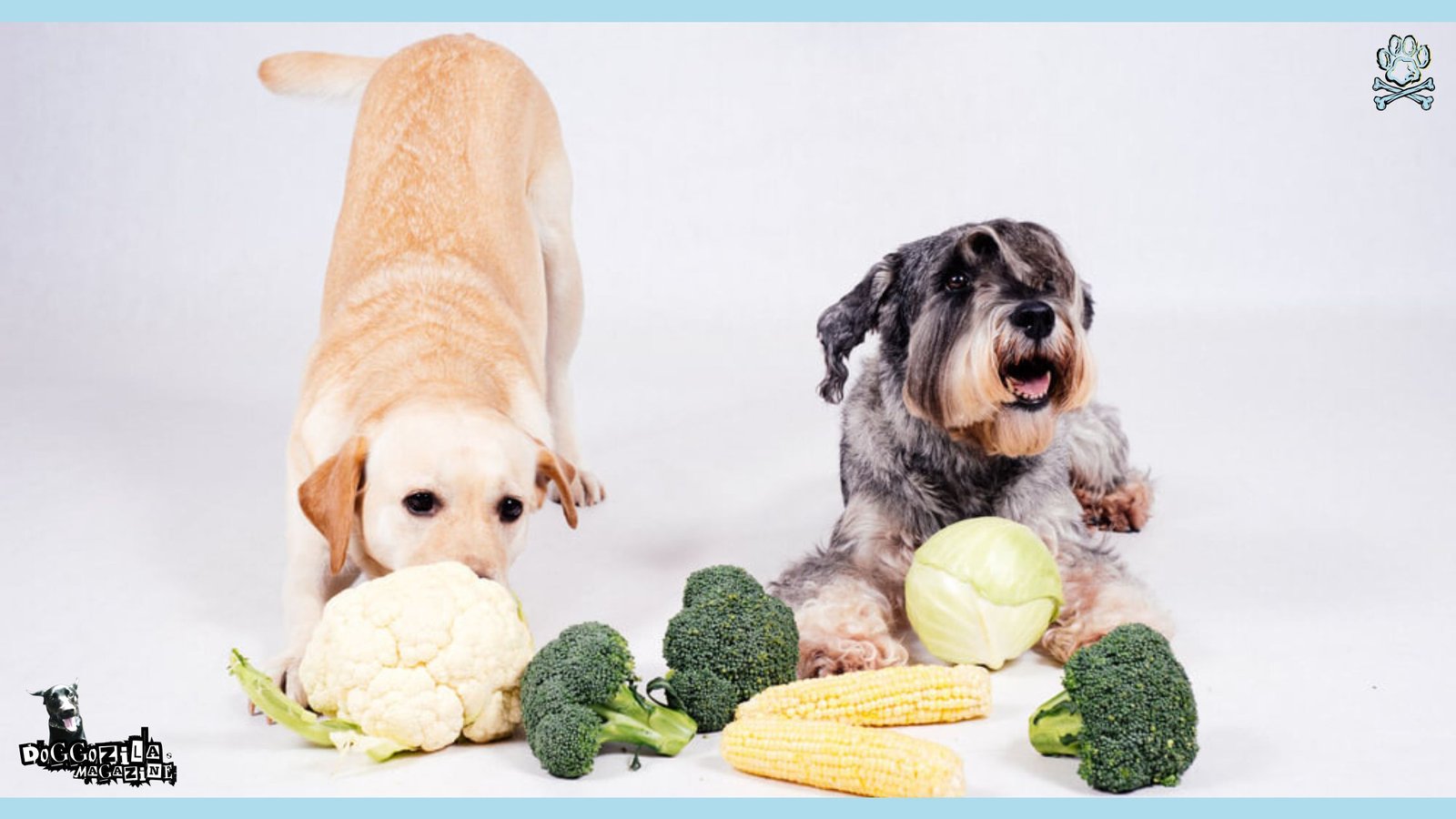
VEGAN SWEET POTATO AND CHICKPEA DOG FOOD
Creating a nutritious meal for your dog can be both easy and rewarding. This recipe for Vegan Sweet Potato and Chickpea Dog Food combines wholesome ingredients that are not only delicious but also packed with essential nutrients for your furry friend.
Ingredients Needed for This Vegan Dog Food Recipe
Here is what you will need:
- 1 cup of sweet potatoes (peeled and diced)
- 1 cup of canned chickpeas (drained and rinsed)
- 1/2 cup of carrots (chopped)
- 1/4 cup of green peas (fresh or frozen)
- 1 tablespoon of olive oil
- 1/4 teaspoon of turmeric powder
- 1/4 teaspoon of cinnamon (optional)
Sweet potatoes are an excellent source of dietary fiber, vitamins A and C, and contribute to your dog’s overall health. Chickpeas, being high in protein and fiber, promote muscle health and aid digestion. Carrots provide beta-carotene, beneficial for vision, while green peas offer essential vitamins and minerals.
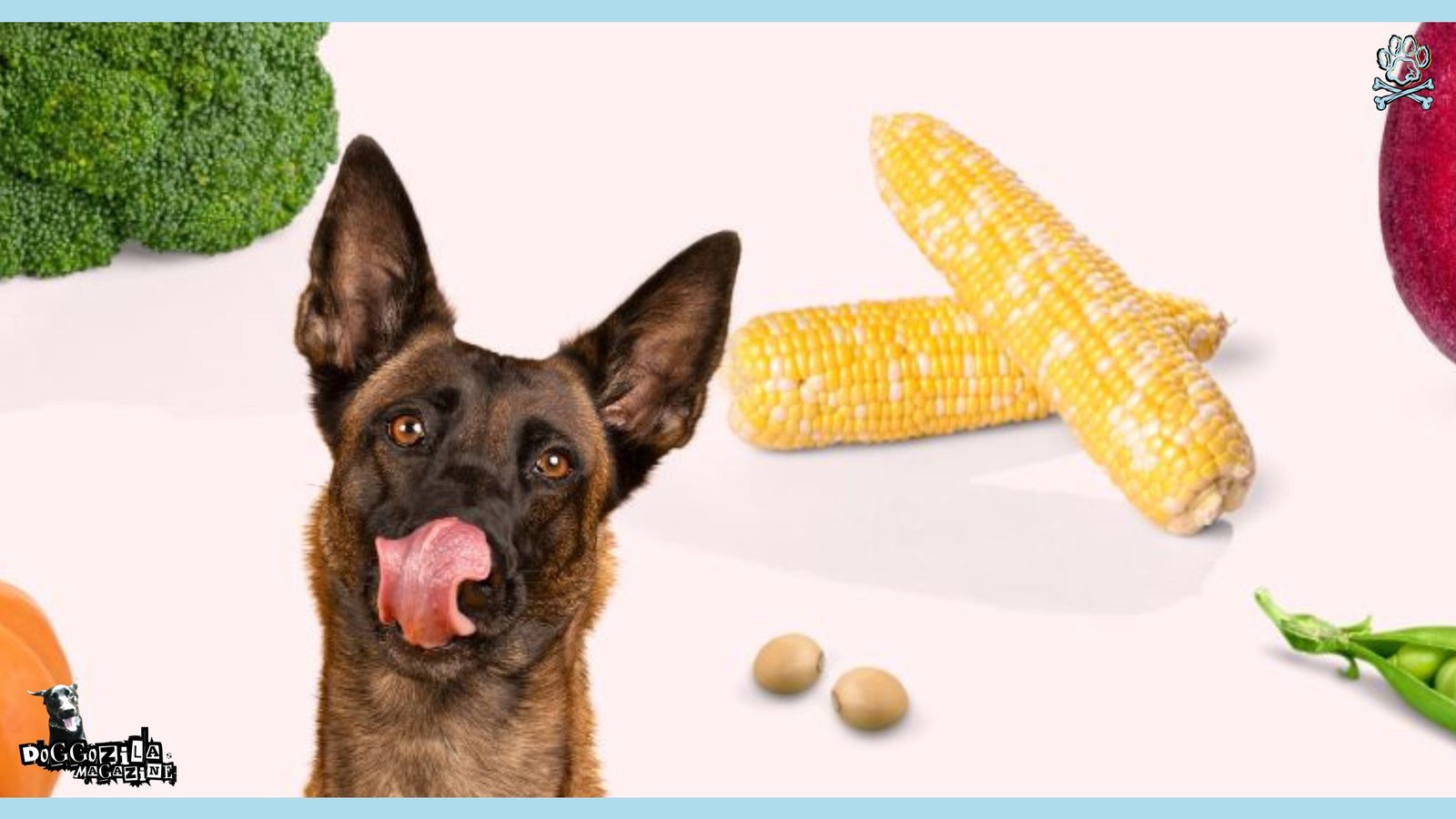
Instructions to Prepare the Vegan Dog Food Meal
- Begin by steaming the diced sweet potatoes until they are tender, approximately 15 minutes.
- In a separate pot, cook the chopped carrots and green peas until soft, which should take about 5 to 7 minutes.
- In a mixing bowl, combine the steamed sweet potatoes, chickpeas, cooked carrots, and peas.
- Add the olive oil, turmeric, and cinnamon, then mash the ingredients together until well blended. However, leave some chunks for texture.
- Allow the mixture to cool completely before serving it to your dog.
- Portion Sizes: The recommended serving size depends on your dog’s weight and activity level. Generally, a medium-sized dog may require about 1 to 2 cups of this mix per meal. Always consult your veterinarian for specific dietary needs based on your pet’s health.
By preparing this Vegan Sweet Potato and Chickpea Dog Food, you are not only providing a delicious meal but also ensuring your dog receives wholesome nutrition.
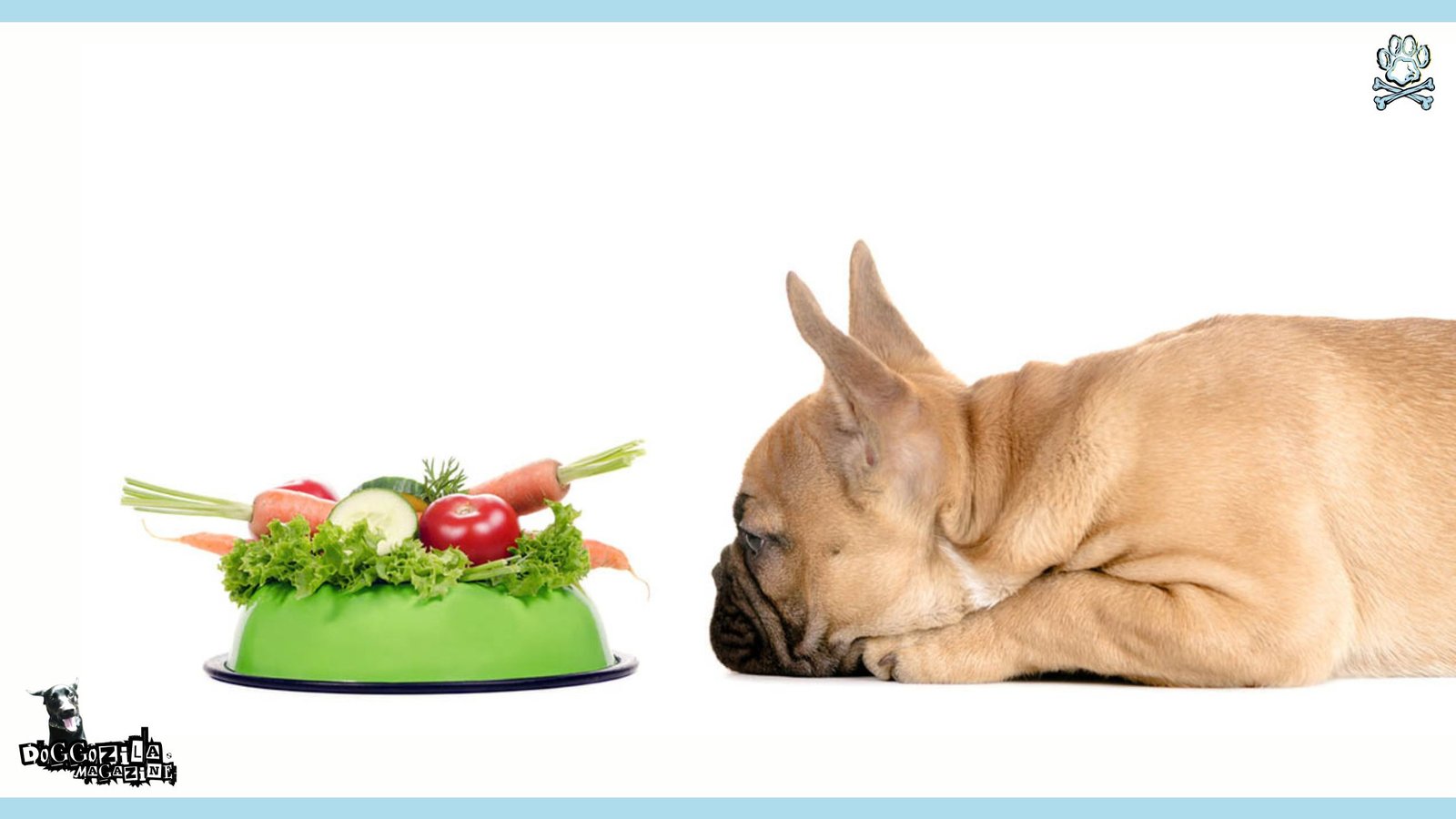
PEANUT BUTTER AND PUMPKIN DOG TREATS
Peanut butter and pumpkin dog treats are a delightful and nutritious option for your furry friend. The combination of peanut butter, which is rich in protein and healthy fats, along with pumpkin, known for its high fiber content and nutritional benefits, creates a delectable treat that dogs simply adore. This recipe not only satisfies your pup’s taste buds but also supports their overall health.
Ingredients Needed for This Vegan Dog Food Recipe
To prepare these homemade dog treats, you will need the following ingredients:
- 1 cup of natural peanut butter (ensure it does not contain xylitol, as this is toxic to dogs)
- 1 cup of canned pumpkin (not pumpkin pie filling)
- 2 cups of whole wheat flour (or a gluten-free alternative if your dog has dietary restrictions)
- 1/4 cup of water (as needed)
How to Prepare This Vegan Dog Food Recipe
Begin by preheating your oven to 350°F (175°C). In a mixing bowl, combine the peanut butter and pumpkin until well blended. Gradually add the whole wheat flour, mixing thoroughly. If the dough is too dry, incorporate the water little by little until a workable dough forms.
On a floured surface, roll out the dough to about 1/4 inch thick. Use cookie cutters to create fun shapes, or simply cut the dough into squares. Place the cutouts onto a parchment-lined baking sheet and bake for approximately 20-25 minutes, or until the treats are firm and lightly golden.
Allow the treats to cool completely before serving them to your pup. To store these homemade treats, keep them in an airtight container at room temperature for up to a week.
For longer freshness, you may refrigerate them or even freeze the treats, which can extend their shelf life to about three months. This ensures your dog always has a nutritious snack available, combining tastiness with healthy ingredients that support their well-being.
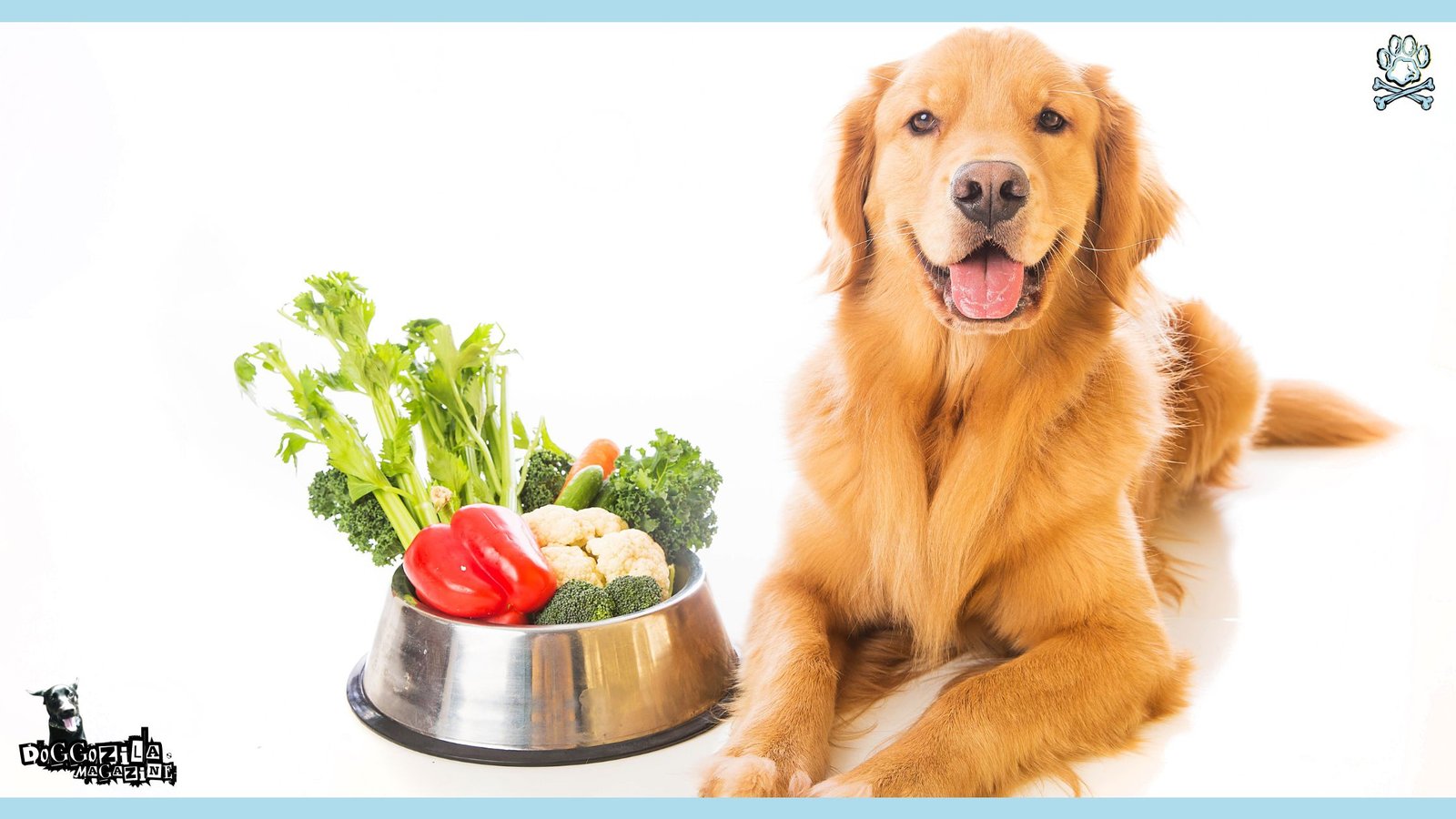
QUINOA AND VEGETABLE MEDLEY
Quinoa and vegetable medley offers a nutritious and flavorful option for your canine companion. This recipe incorporates a variety of vegetables, making it a versatile dish that can adapt with the seasons. Quinoa, a complete protein, and its rich nutrient profile provide essential amino acids, fiber, and minerals beneficial for your dog’s overall health.
Ingredients Needed for This Vegan Dog Food Recipe
To start making this wholesome meal, you will need the following ingredients:
- 1 cup of quinoa
- 2 cups of vegetable broth (low sodium)
- 1 carrot, finely chopped
- 1 zucchini, diced
- 1 cup of spinach, chopped
- ½ cup of green beans, chopped
- 1 tablespoon of olive oil
- Optional: herbs such as parsley or basil for flavor
This combination of ingredients provides a wealth of vitamins, minerals, and antioxidants that contribute to improved digestion and a vibrant coat. Carrots and green beans are excellent sources of fiber and vitamins, while zucchini and spinach add essential nutrients that support your dog’s immune system.
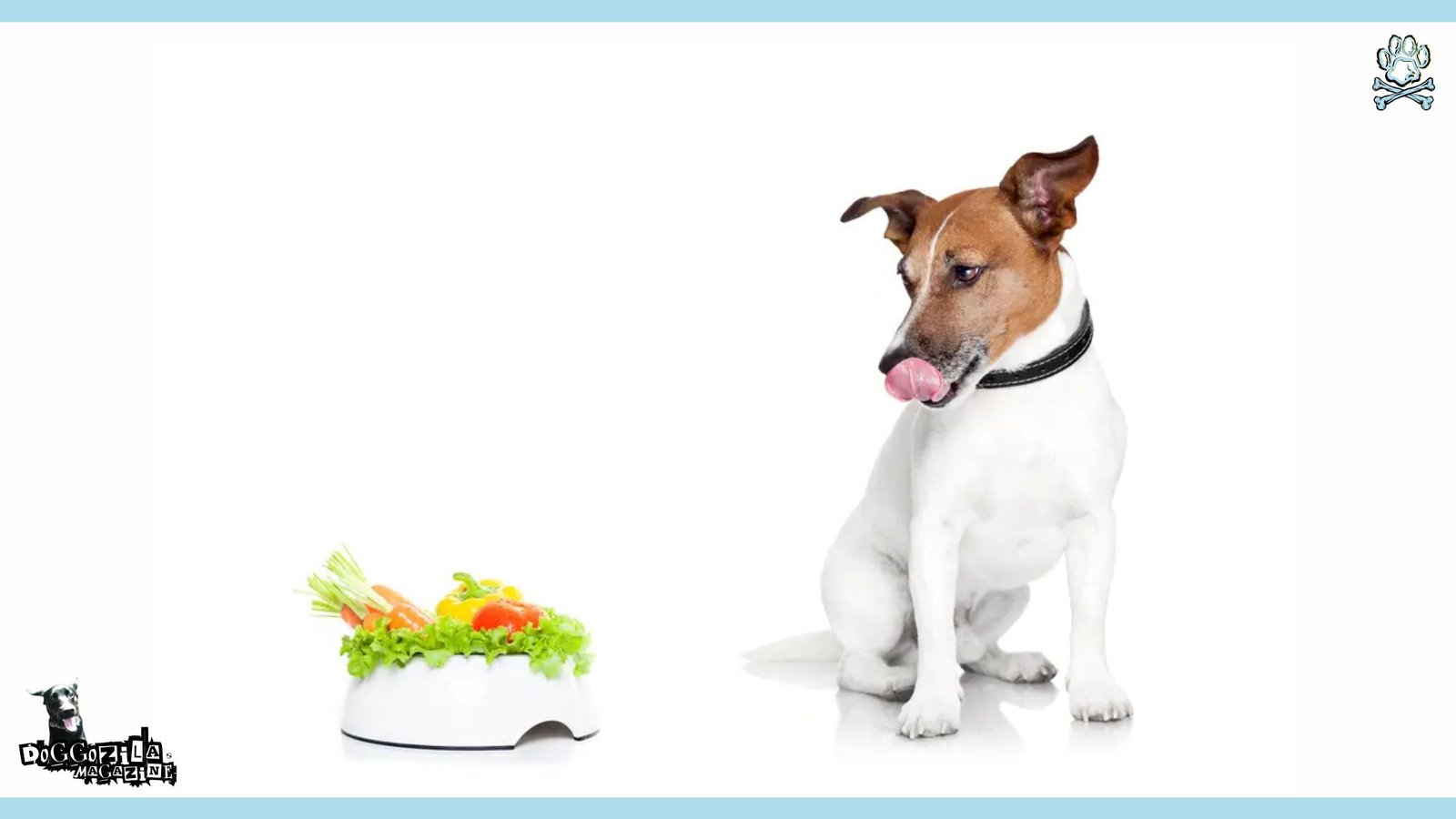
How to Prepare This Vegan Dog Food Recipe
To prepare the quinoa and vegetable medley, follow these steps:
- Rinse the quinoa under cold water to remove any bitterness.
- In a pan, bring the vegetable broth to a boil. Once boiling, add the quinoa and reduce to a simmer. Cover and cook for approximately 15 minutes or until the liquid is absorbed and the quinoa is fluffy.
- In a separate skillet, heat olive oil over medium heat. Add the chopped carrot and sauté for about 5 minutes.
- Stir in the diced zucchini and chopped green beans, cooking for an additional 3-4 minutes.
- Add the spinach and any optional herbs, cooking until the spinach wilts, which should take about 2 minutes.
- Once the quinoa is done, combine it with the sautéed vegetables and mix thoroughly before serving.
Suitable for all dogs, this quinoa and vegetable medley can be modified by swapping in seasonal vegetables, ensuring your pup enjoys variety in their diet throughout the year.
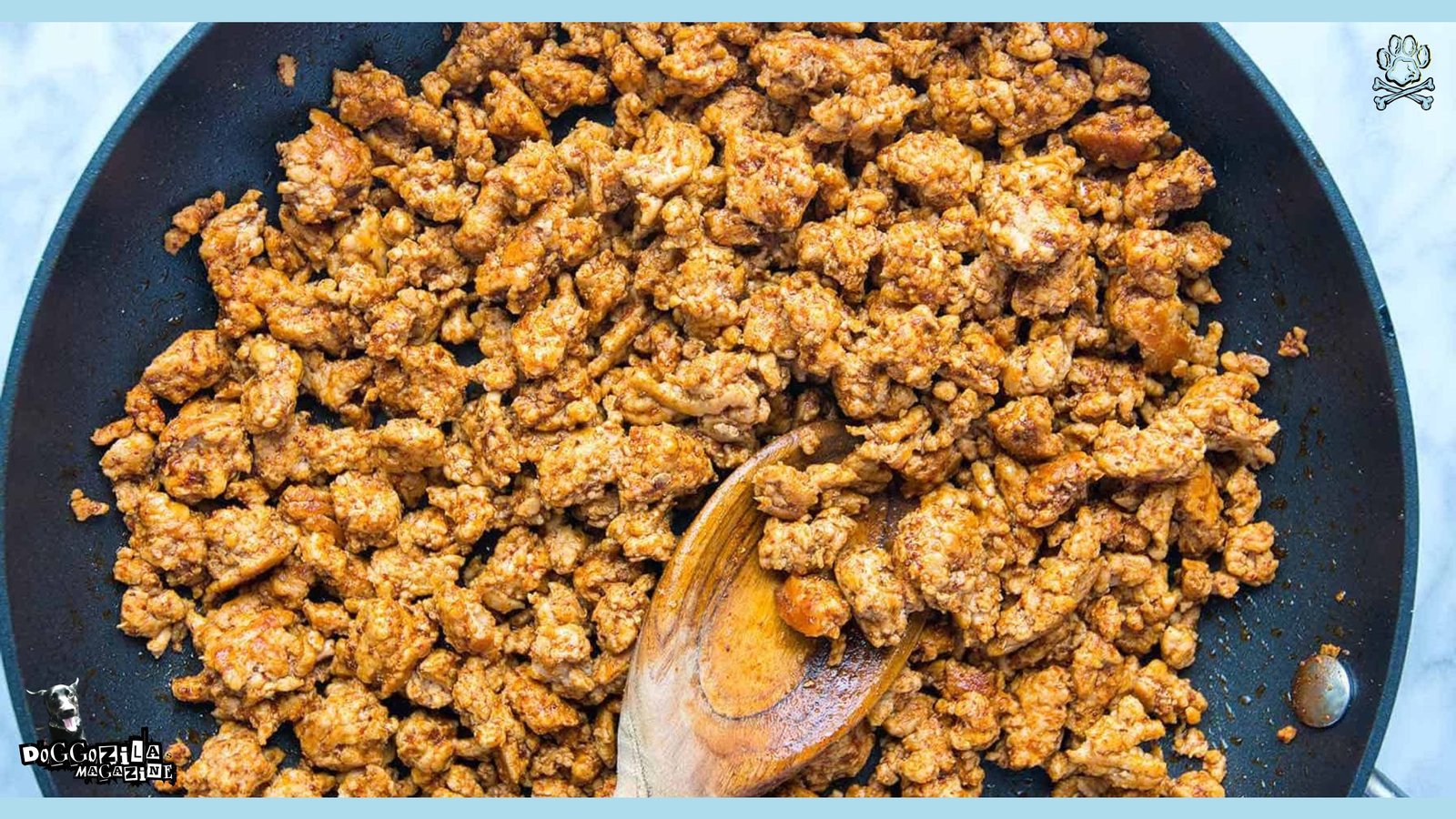
LENTIL AND BROWN RICE BOWL
Creating a nutritious and delicious meal for your dog can be facilitated with this Lentil and Brown Rice Bowl recipe. The primary ingredient, lentils, is an excellent source of protein that contributes substantially to your dog’s overall health. Lentils are also packed with fiber, which aids in digestion and promotes a healthy gut. In conjunction with brown rice, which provides essential carbohydrates, this meal ensures a well-rounded diet.
Ingredients Needed and How to Prepare for This Vegan Dog Food Recipe
To begin, gather the following ingredients: 1 cup of lentils, 1 cup of brown rice, 4 cups of vegetable broth or water, 1 cup of chopped carrots, 1 cup of peas, and a tablespoon of olive oil. When sourcing ingredients, opt for organic where possible to enhance the health benefits of your dog’s meal. Fresh vegetables not only add flavors but also contribute necessary vitamins and minerals.
Start by rinsing the lentils and brown rice thoroughly to remove any impurities. In a large pot, combine the lentils and vegetable broth or water, bringing the mixture to a boil. Once boiling, reduce the heat and let it simmer for about 15 minutes.
During this time, add the brown rice and chopped carrots, continuing to simmer for an additional 20-25 minutes until both the lentils and rice are tender. Lastly, stir in the peas and olive oil, cooking for an additional 5 minutes to heat through.
Once cooked, allow the mixture to cool before serving it to your dog. This Lentil and Brown Rice Bowl not only provides a balanced dietary option but also makes for a flavorful meal that your pup is sure to enjoy. By preparing this meal at home, you can control the ingredients, ensuring it is free from harmful additives and packed with natural goodness.
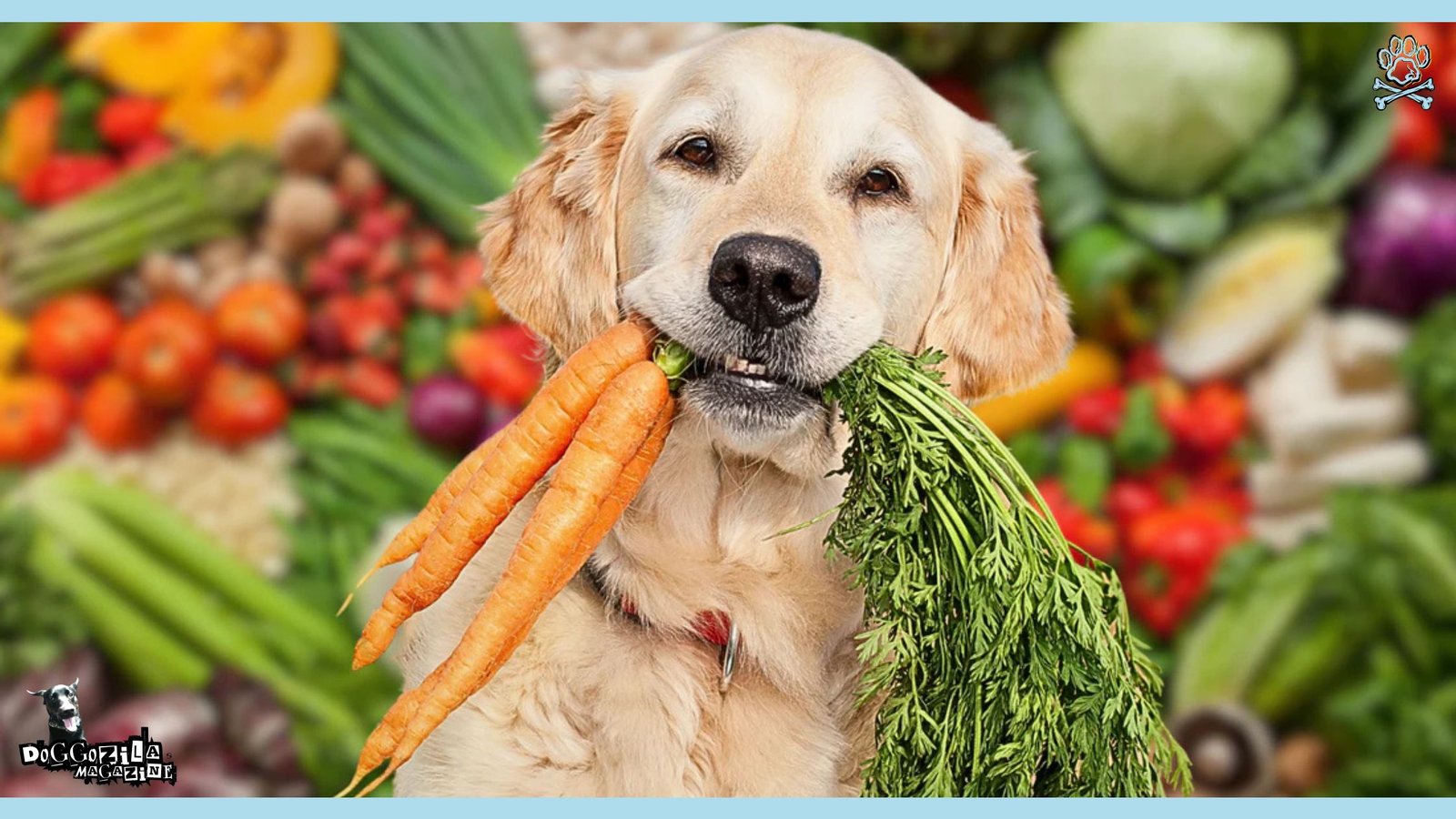
CREATING A WEEKLY MEAL PLAN
Planning a weekly menu for your pup can greatly enhance their diet while offering convenience for pet owners. When utilizing the provided vegan homemade dog food recipes, it’s essential to think strategically about batch cooking and storage to ensure the meals remain fresh and nutritious throughout the week.
How to Prepare for Batch Cooking
Begin by selecting a few recipes that encompass a variety of ingredients, ensuring a balanced intake of protein, carbohydrates, and essential vitamins. When batch cooking, dedicate a specific day, such as the weekend, to prepare large quantities of food. This can save time and enable you to create a diverse meal plan effortlessly.
For example, a mix of lentil stew, pumpkin puree, and vegetable medley can form a robust base when combined with different grains like brown rice or quinoa. By altering the grain or veggie mix each day, you can prevent meal repetition while providing comprehensive nutrition.
How to Store Your Weekly Cooking
Storage is another crucial aspect of meal planning. Ensure that you utilize airtight containers to keep the dog food fresh for longer periods. Refrigerate meals that are meant to be consumed within the week and consider freezing larger batches for future use.
Properly labeled containers can help you keep track of what you have prepared, making meal selection easier and more efficient. Moreover, consider your dog’s palate and how they respond to different flavors. If your pup enjoys certain ingredients over others, try to incorporate those elements into various recipes.
By alternating flavors and ingredients, your furry friend will not only enjoy their meals but will also receive a diverse range of nutrients, contributing to their overall health. This mindful approach to meal planning will ensure that your dog experiences a varied, nutritious diet each week.
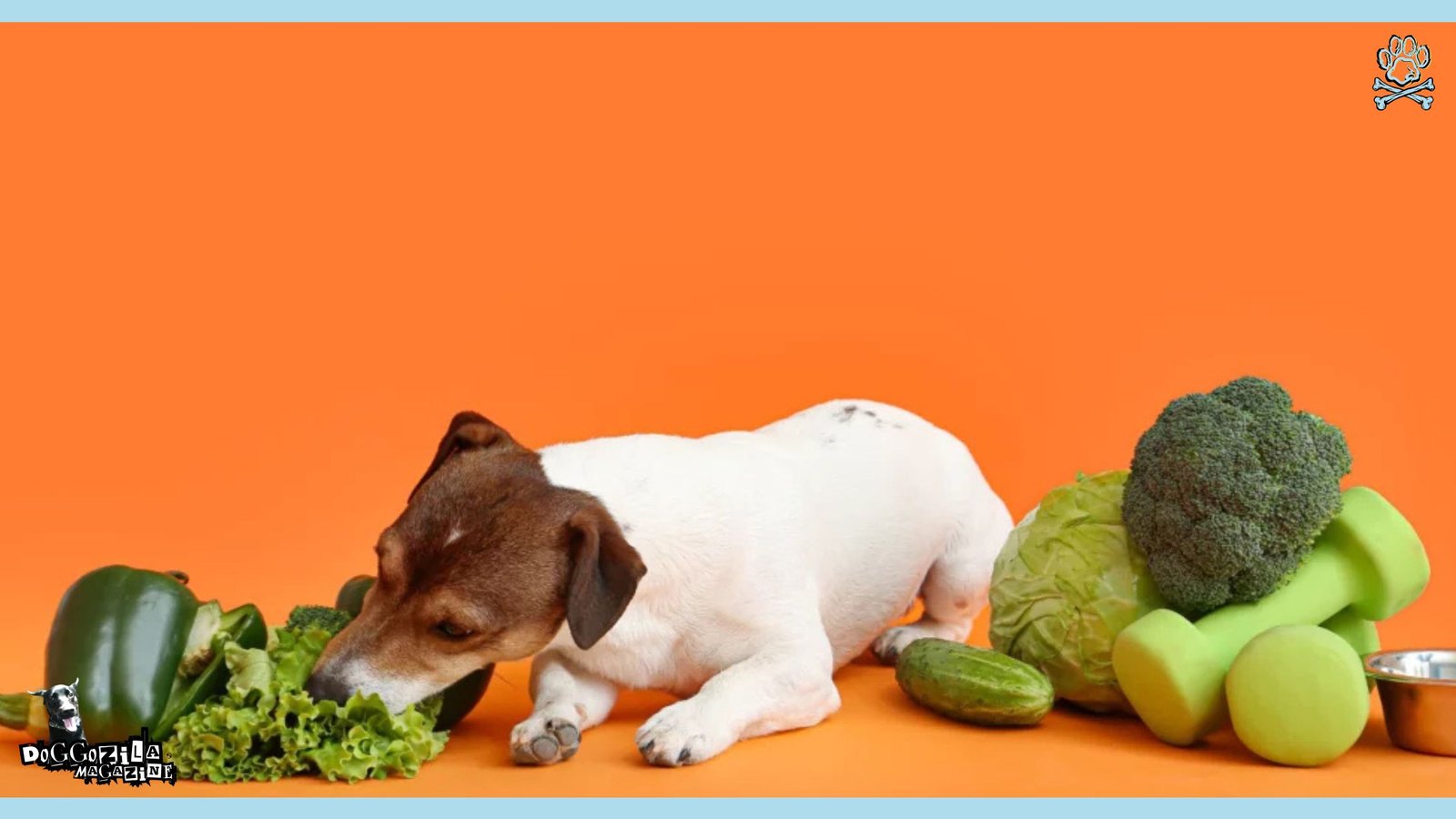
FINAL TIPS ON HOMEMADE VEGAN DOG FOOD
In summary, cooking homemade vegan dog food offers numerous benefits, including providing a balanced, nutritious diet tailored to your dog’s specific needs. A vegan diet can promote health by reducing the risk of certain diseases and allergies that can occur with traditional meat-based diets. By ensuring that meals are well-rounded and include essential nutrients, pet owners can help their dogs thrive.
Introducing Vegan Diet to Your Dog
Transitioning your pup to a vegan diet requires careful planning. Gradually introduce the new food over a week or two to avoid digestive upset. Start by mixing a small amount of the new vegan food with the usual dog diet, increasing the proportion of vegan food each day.
Monitoring your dog’s response is crucial, as shifts in behavior, energy levels, or digestive health can indicate whether the new diet suits them. It’s essential to pay attention to their overall condition and adjust the recipes as necessary to meet their specific nutritional needs.
Beware of Nutritional Gaps from The Homemade Vegan Diet
Regular veterinary check-ups are vital, especially during the initial transition period. Consulting with a vet who is knowledgeable about dog nutrition can provide personalized insights and help ensure that your dog receives a complete and balanced diet.
They may suggest supplements to fill any potential nutritional gaps that a homemade vegan diet might impart, such as omega fatty acids or specific vitamins. Lastly, the community of pet owners is a valuable resource.
Sharing experiences, tips, and recipes can foster a supportive environment and create connections among those on similar journeys. Engaging with fellow dog owners can provide inspiration and motivation as you explore the world of homemade vegan dog food that best suits your furry friend.
